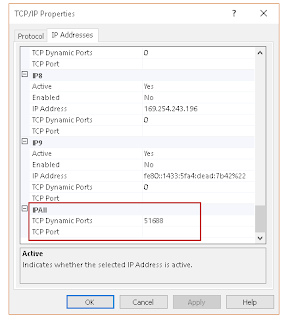As of this writing, when you go to Visual Studio downloads, you will be presented with either the x86 or the x64, as well as either the EXE or the DVD (an ISO file).
What to do? We know that even though all machines are 64-bit these days, Visual Studio as of 2015 wasn't really 64-bit ready and proven. There's a lot of projects in VS2015 that were written on 32-bit machines, too.
Turns out, whether you select x86 or x84, both the EXE and the ISO will download the EXACT SAME FILE. The filename has both x86 and x64 in the title.
So don't sweat the choice.
